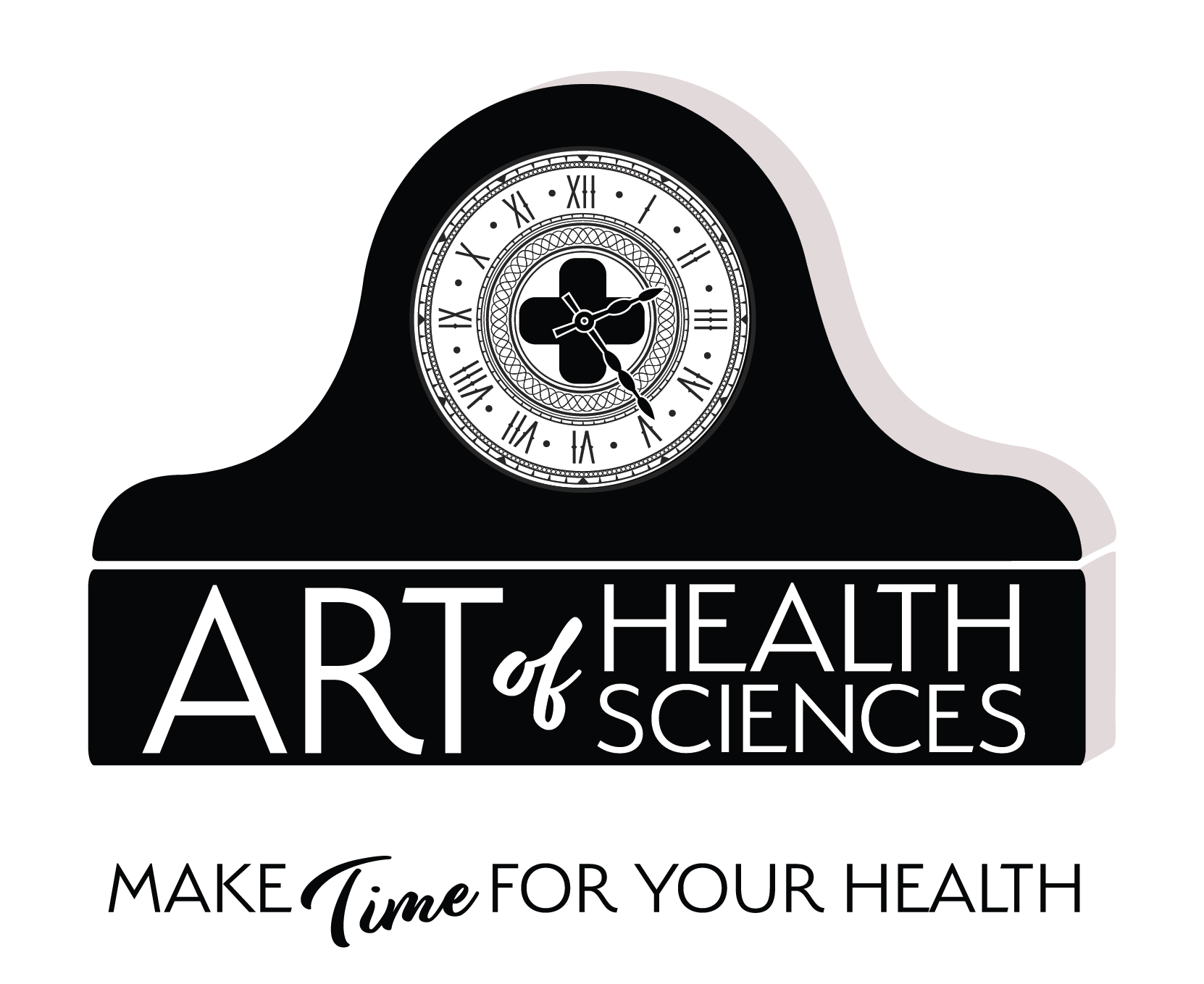What did you think it was going to be? It could have been a lot of powerful words. Yet none as more powerful as the word ‘love.’ Not even hate has the strength to conquer in all the ways love does.
According to Ruth Feldman (2016), “The neurobiology of love may open perspectives on the ‘situated’ brain and initiate dialogue between science and humanities, arts, and clinical wisdom”[1].
The opposite of loving is not hating. It’s indifference. To hate requires a little bit of love, and mostly other toxic chemicals like jealousy, anger, betrayal, and the list can go on and on. Indifference is just not caring, having not one stitch of empathy. Perhaps this is the reason the current trend is to highlight empathy nowadays. Empaths, or people, who live their lives so deeply to exude compassion and sensitivity in everything they do have an enormous potential to get burned out. Empaths are living and breathing specimens of love and need to be trained in their Supernatural Power.
While working alongside many empaths, we’ve developed a visual technique that’s effective. Take a sponge, for example. One of those large, yellow, extra-absorbent kinds. Close your eyes and imagine you are that sponge. Whatever you’re being met with in life gets sucked up into every hole, and you’re super porous. You clean everything up and you don’t miss a drop. You, as the sponge, might not even be yellow anymore. Maybe your brown or bright red. Stay with me on this. Walk yourself over to the sink and turn on the faucet and let the cool, fresh clear water run through your sponge. Let the now discolored material return to yellow or its original state. Wring out your sponge. Rinse and repeat. Repeat until the clear water rinses clear at the base of the sink under your sponge. Keep the water flowing as long as you need until all dirt and particles are released. Gently turn off the running faucet water and gently wring out yourself, the sponge. Pat yourself dry. Notice how you return to a renewed form. You’re still ready to serve the next time. The important thing is you remain intact. You now begin doing this habit until it becomes a behavior because you wouldn’t want to wipe up future messes with a dirty rag. And throwing this sponge out is not an acceptable option.
What are some ways you conduct healthy business with a proactive (vs. reactive) approach?
Photo by Victoria Alexandrova on Unsplash
Dr. Jaime L. Pula is the author of her newly released book titled, ‘Rise Above: A Playbook On How to Keep Energy Flowing.’ She can be reached at jpula@artofhealthsciences.life. And she enjoys connecting on LI at: www.linkedin.com/in/drjaimelpula001/.
[1] Feldman, R. (2017). The neurobiology of human attachments. Trends Cogn Sci, 21(2):80-99. doi: 10.1016/j.tics.2016.11.007. Epub 2016 Dec 30.

